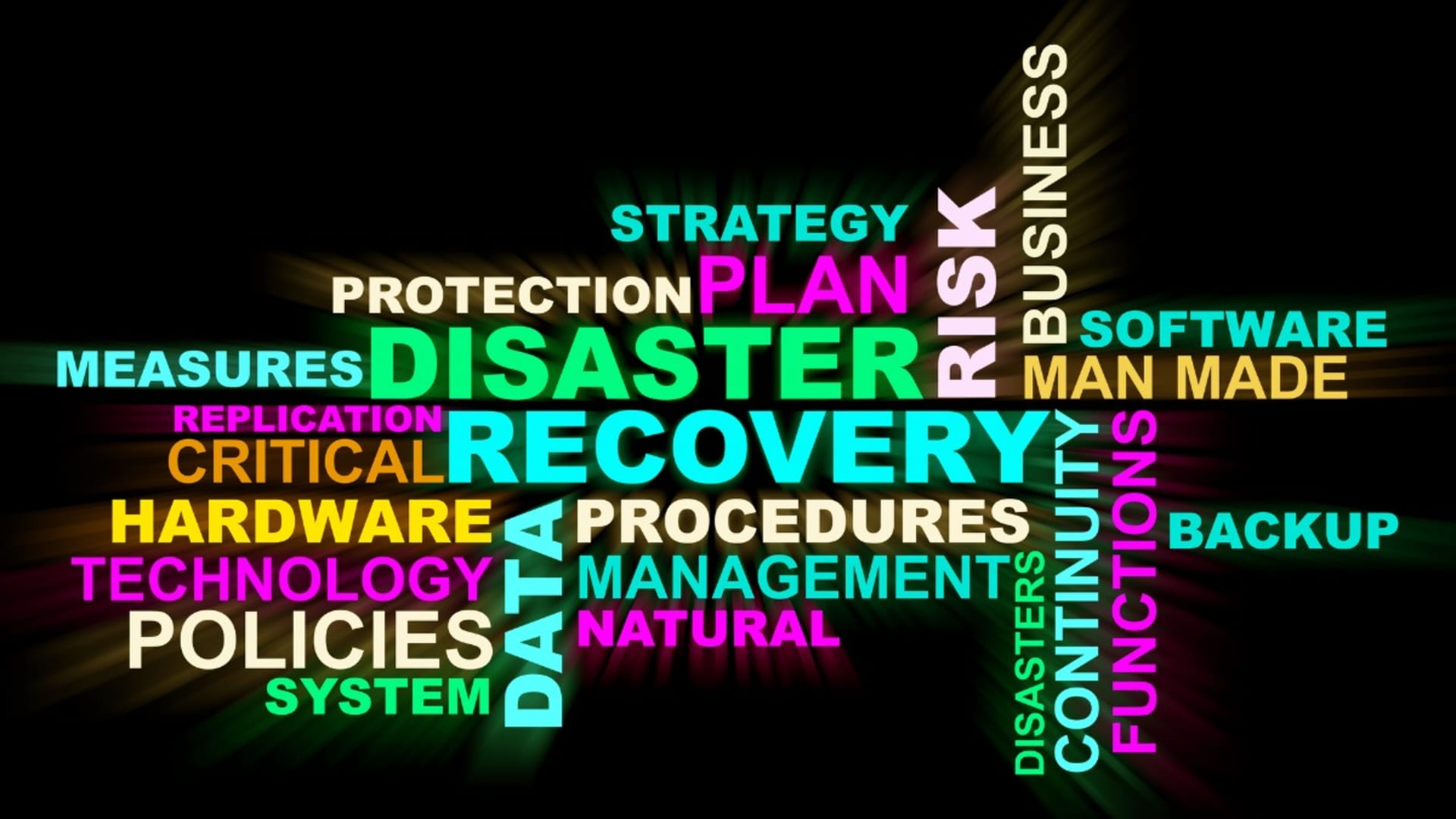When you’re outsourcing any project, there is a lot to consider, from specializations to costs. This is especially true when it comes to software, which requires deep expertise, strong skill sets, and a number of important requirements.
There are plenty of options for software development outsourcing, but they are not all of high quality. And while there are plenty of benefits associated with the model—lower costs, a global pool of talent, and specialized skill sets, to name just a few—there are also many risks to consider. After all, you’re entrusting sensitive projects and information to teams that may be located in different countries or even continents, ones you will likely never meet face to face.
With so much to consider and with so many software outsourcing vendors to choose from, how do you know which one is right for your team and project? How can you evaluate each potential partner? Let’s look at the key criteria for assessing prospective partners to help you decide.
#1 Technical Expertise
Your first priority in your vendor selection criteria should be technical knowledge and experience. You need an outsourcing vendor that has the skills, expertise, and qualifications to meet your requirements and complete your software project successfully. While this is far from the only factor you should think about, it is, of course, paramount when considering any software outsourcing services.
Skills and Technologies
Part of demonstrating expertise in the technical realm involves having experience using a range of programming languages, tools, and technologies. Different languages are better suited to different projects, so you will want to educate yourself on the tools that are the most appropriate for the product(s) you want the vendor to build.
For example, an Android developer should be well-versed in Java and Kotlin, while an iOS developer should know Swift and Objective-C. Meanwhile, for data science-heavy projects, Python is a critical language to have experience in. Most dedicated development teams and individual developers know a wide range of programming languages, in part because many projects demand a combination of languages. Moreover, having a large arsenal of tools allows you to tackle different niches and types of projects.
There are technical tests and interviews you can use to evaluate your prospective software vendor’s skills, but a high-quality outsourcing partner like BairesDev will perform the vetting for you—this is one of the main benefits of hiring an outside company. For example, we will use an AI-powered tool to assess important skills and find the best professionals, as well as interview candidates.
Experience in Similar Projects
Not only should an outsourcing vendor have technical skills in general, but they should also have experience working in similar niches to yours. If they have participated in similar projects, they will understand the intricacies of the work and be aware of potential pitfalls and challenges, as well as the must-haves for the product.
You can get a sense of a prospective partner’s experience with projects like yours by evaluating their portfolio, reading case studies, and asking for testimonials from previous clients. Additionally, you should interview them about the types of projects they have worked on and ask about the challenges they encountered and how they overcame them.
Development Methodologies
Software development vendors often specialize in particular methodologies, such as Agile. It is important for your preferences and the provider’s methodologies to align. Ask about their best practices and flexibility. For example, if your preferred software practices are different, will the provider be able and willing to embrace your methodology? What experience do they have with working within your preferred methodology?
#2 Cultural Compatibility
Another important factor to consider is cultural compatibility. Shared languages and work styles are helpful in meeting your goals. Specifically, here is what to think about.
Communication Skills
Communication is the cornerstone of any successful working relationship. The development process can be complicated, and strong communication will allow you to overcome obstacles and stay informed throughout the course of the project.
When you are working on an outsourcing project, you may be partnering with a team in another part of the world. Language barriers can be an issue, so it is important to know upfront whether the provider is fully fluent in your native language. This will reduce the chances of communication problems, which can adversely affect your project. To assess this, you should have the opportunity to speak with a point person or people on the vendor’s team.
You should also ask about communication channels and ensure that your preferred methods align with your expectations and modes of connecting.
Time Zone Differences
Time zone discrepancies can also lead to obstacles for project management. If you have vastly different hours of operation, solving problems and communicating directly can be challenging.
If you are in completely different time zones, you should establish upfront what you will do in the case of an emergency and how you will be able to contact one another. You should also define what constitutes special circumstances.
Cultural Alignment
In a work context, cultural alignment is important for meeting business needs and matching work styles. When you are partnering with an outsourcing vendor in a completely different part of the world, this can be a challenge.
To mitigate misalignments, you should assess this quality from the get-go. It is best to speak with a prospective software vendor over video or at least on a call to better understand how they operate in a business context. Discuss potential discrepancies and how you will work together to overcome them.
It’s worth noting that when you work with a nearshore partner—that is, a company in a nearby country as opposed to one across the world—you are more likely to achieve cultural compatibility because these countries tend to share similar work norms. An offshore team—one in a farther-flung country—may mean more language discrepancies since they’re in a vastly different area.
#3 Security and Compliance
Security is a critical component of the selection process when you are assessing potential vendors. Data breaches and other cybersecurity problems can wreak havoc on your business so you must choose a partner with a strong reputation who will protect you and remain compliant.
Data Security Practices
What cybersecurity practices and protocols does the software outsourcing vendor have in place to protect you? To better understand them, ask for evidence of their methods. This includes certifications they may have, as well as best practices and standards they have in place.
Legal and Regulatory Compliance
Technology and digital practices are governed by laws and regulations. The rules vary by the location or locations where the business operates, so it is critical that you consider geography and your prospective partner’s knowledge of compliance during the vendor selection process.
For example, if your business operates in the EU, you must adhere to the General Data Protection Regulation (GDPR). As part of the process of evaluating software outsourcing vendors, as about the processes they have in place to ensure that they comply with all the laws governing the specific area, location, and technology itself. It’s also important to consult your own legal/compliance team to understand the rules you should follow.
#4 Pricing and Contract Terms
Software vendors operate under different pricing and cost models. During the vendor selection process, you will, of course, need to think about costs. Overall, software outsourcing is an ideal way to lower the cost of your project, especially compared with the price of hiring full-time employees.
At the same time, cost is not the only factor you should consider. A lower price could ultimately mean a less successful project. You should always establish a project budget, but you should think about what you will be paying for.
Pricing Models
There are several different pricing models that are commonly used in software outsourcing. Here, we will describe some of better-known ones.
- Fixed Price Model: This model involves setting a pre-determined price for the entire project upfront. That means that no matter how much time the outsourcing team spends on the project and which materials they use, the price will not change. This model is the most appropriate choice when the project scope is well-honed from the beginning and it is unlikely that the circumstances will change.
- Time and Material Model: This model is the opposite of the fixed price model. Here, you will only pay for the actual time and specific materials or resources the vendor invests in the project, including the actual hours they spend on it and the equipment and materials they use, as well as the professionals they bring on board.
- Outcome-Based Model: This is a less common pricing model in software outsourcing, although there are some circumstances under which it may best serve your needs. In this model, both parties agree to specific outcomes they are looking to achieve. The business only pays in the case that the vendor successfully completes the project and achieves the milestones and outcomes you have stipulated upfront.
- Revenue Sharing Model: This model is better for early-stage companies and startups. In this case, the outsourcing partner agrees to receive a percentage of the revenue generated from the project or product they have contributed to. This is the most collaborative type.
Businesses should carefully consider which model is the most appropriate for their project, weighing the pros and cons of each one.
Contract Terms and Conditions
The agreement you establish must be solidified in writing—that is, via a contract. You should always stipulate clear terms and conditions. This may involve negotiating on both the business and vendor’s part.
A contract includes terms and conditions far beyond the price itself. Some factors you should consider and include are:
- Intellectual property rights
- Confidentiality
- Procedures for dispute resolution
- NDAs in place
- SLAs or outsourcing service level agreements
Of course, you will need to include terms that are specific and important to your business, and these will vary from organization to organization and vendor to vendor.
Software Vendor Selection Process: Step By Step
Now, let’s look at the step-by-step process for evaluating and selecting software development companies to help you complete your project.
1. Establish Your Goals and Requirements
Outsourcing software development projects always starts with knowing your own goals and objectives. Determining the necessary components of your product, including the requirements for a successful project. Additionally, define your goals and outcomes for the project.
2. Determine the Skills You Need for the Project
Once you have your goals in place, determine the skills and qualifications you’re looking for to help you achieve these objectives. What expertise is necessary to carry out the project? Make a list of the key qualifications and competencies.
3. Establish a Budget
Bearing your goals and project requirements in mind, establish a budget for your project. It is important to understand the market demands and constraints before you set a budget so you have an understanding of the norms and expectations regarding what you will pay for your project.
When you’re estimating your budget, do keep in mind that the cheapest software outsourcing vendor isn’t necessarily always the best option. This is an important consideration as you create your overall plan—budgeting too little is risky and may mean a lower-quality product. It is critical to balance your quality expectations with the price tag.
4. Choose the Appropriate Model for Your Project
There are several different models to consider when you’re considering outsourcing vendors. At BairesDev, we offer:
- IT Staff Augmentation
- Dedicated Teams
- End-to-End Ousourced Software Development
Each model offers different advantages. For example, staff augmentation involves bringing in talent from the software vendor to work side by side with your internal team members, while end-to-end outsourcing teams complete the project externally with their own key professionals in place. It’s up to you to determine which model will work best for your organization and project.
5. Research Your Prospective Software Development Partner
As with any potential business partnership, it is important to perform exhaustive research to determine whether your prospective partner is the right fit for your project and organization. This research should go well beyond simply looking at the vendor’s website—it should also involve investigating their reputation by reading reviews and looking at resources like Clutch.
You should also look into the processes and procedures the software vendors use. You need to make sure that your methodologies and criteria align in order for the partnership to ultimately be a successful one because compatibility is key, as are technical knowledge and skill sets.
6. Vet and Interview the Provider
According to your vendor selection criteria, perform a thorough evaluation of your provider. This includes reading testimonials, looking at their portfolio, and conducting a thorough interview and skills assessment.
You may perform this process with multiple providers before you determine which software vendor is the best fit for your organization and project.
7. Plan and Kick Off Your Project
This is far from the final step overall, but it does bring you to the finish line of the software vendor evaluation process. With your provider, create a detailed project outline and hammer out any key points, such as how to maintain oversight and asking about measures they have in place to guarantee security and compliance. This also includes defining key roles and responsibilities, from the project managers to the software developers to the QA analysts.
Once you’re both satisfied with the plan, it’s time to kick off the project.
Finding the Perfect Software Outsourcing Partner
Outsourcing software development brings numerous benefits to your organization and in-house team, from specialized skills to greater productivity and efficiency. But in order to reap the rewards of this type of partnership, you need to do your due diligence.
During your search for an outsourcing partner, you will need to evaluate a number of key factors, including technical skills, cultural compatibility, security measures and adherence to legal requirements, cost, and more. If you do conduct thorough research and take your time to conduct an exhaustive vendor selection process, you will increase your chances of find the right outsourcing provider for your organization.
If you enjoyed this article, be sure to check out some more outsourcing articles.
- Pitfalls of Outsourcing Software Developers (and How to Avoid Them)
- Understanding and Selecting the Best Software Outsourcing Payment Model
- Common Outsourced Services in the Fintech Industry
- Leveraging the Hybrid Outsourcing Model for Maximum Software Development Benefits
FAQs
How can I ensure a software development company has the necessary technical expertise for my project?
You can ensure that a software development company has the necessary technical expertise for your project by performing assessments for technical skills, reviewing portfolios, conducting interviews, and requesting references or client testimonials.
What are the key aspects of cultural compatibility I should consider?
Cultural compatibility is critical for a successful outsourcing partnership. You can evaluate it according to factors like fluency in English, communication skills, time zone differences, and overall cultural alignment—something that is typically a quality of nearshore outsourcing partnerships.
How can I assess a vendor’s commitment to data security and compliance?
You can assess a vendor’s commitment to data security and compliance by performing a close, comprehensive review of the security protocols they have in place. Additionally, you should look at their track record of success with managing the data and taking secure measures with previous clients, as well as inquire about the vendor’s risk mitigation policies and certifications.






